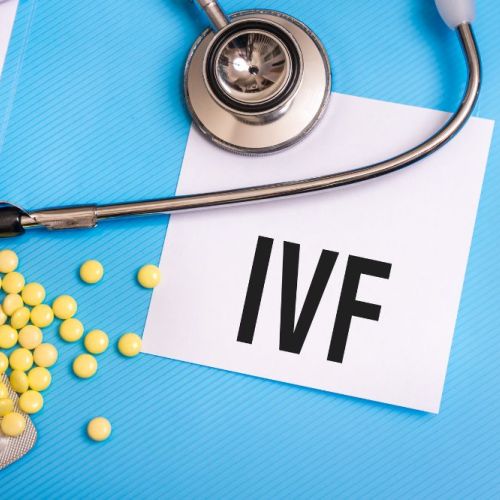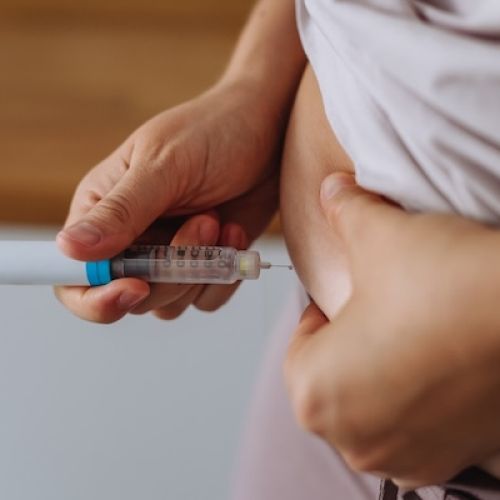The Emotional Side of Infertility

When you’re trying to conceive, it seems like everyone around you is having absolutely no problem getting pregnant. But, in reality 12-15% of couples are unable to conceive even after having unprotected sex for one year. After two years of trying, 10% of couples still struggle with adding to their family.
Knowing you’re not alone can be comforting, but it doesn’t take away the emotional impact of infertility. Whether you’re just beginning your fertility workup at California Center for Reproductive Health or are undergoing treatment, we recognize that the entire process can be stressful, emotional, and scary.
There are times you’ll feel lifted up by encouraging news and other times where disappointment takes hold. You may wonder why this is happening to you and feel overwhelmed by frustration and helplessness.
Here are some tips about how to manage the emotional rollercoaster of infertility. And, if you need help, please reach out. Our staff can recommend trusted providers in the area who can offer counseling and support as you go through infertility evaluations and treatments.
Remain hopeful
A large number of couples ultimately go on to have a healthy child after fertility treatment. At California Center for Reproductive Health, we offer the most advanced infertility treatments and assisted reproductive technology. You are in great hands with our team of specialists.
Accept grief
A diagnosis of infertility can feel devastating. Women who experience miscarriage or unsuccessful cycles rightfully feel loss and hopelessness. We can help you find a therapist to cope with loss and grief. Understand that your feelings are valid and that you may need time to process.
Educate yourself
Give yourself the power of knowledge. Once you know your diagnosis, learn as much as you can about it. Even if you have a diagnosis of unexplained infertility (which affects 15% of infertile couples), you can still learn a lot about your situation. Make a list of questions to bring to your appointments so you can be active in your own care.
Stay connected
Failing to share your emotional experiences, especially with your partner, can make you feel isolated. Reach out to family and friends to help you get through difficult moments.
Take care of yourself
Self-care is especially important at this time. That means different things to everyone. You might journal, do yoga, or immerse yourself in a hobby. Don’t deny yourself weekend getaways or a night out every once in a while. Giving yourself a chance to have a little fun can help you and your body relax.
Of course, continue to take care of your body by eating nutritious foods, exercising in moderation, and maintaining a consistent sleep schedule. Trust that our team at California Center for Reproductive Health has your best interests in mind and wants to do everything possible to help you achieve the dream of a healthy, successful pregnancy.
We are here for you. Call one of our offices in Encino, Valencia, or West Hollywood, California, to set up an appointment. Or you can reach out via this website.




